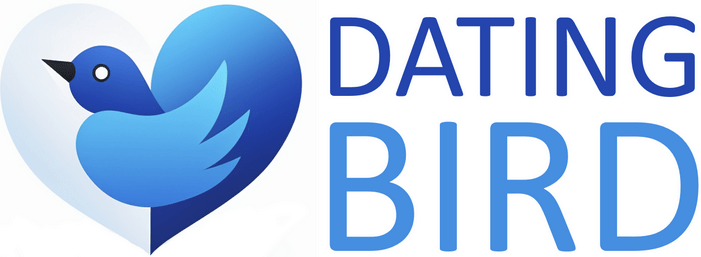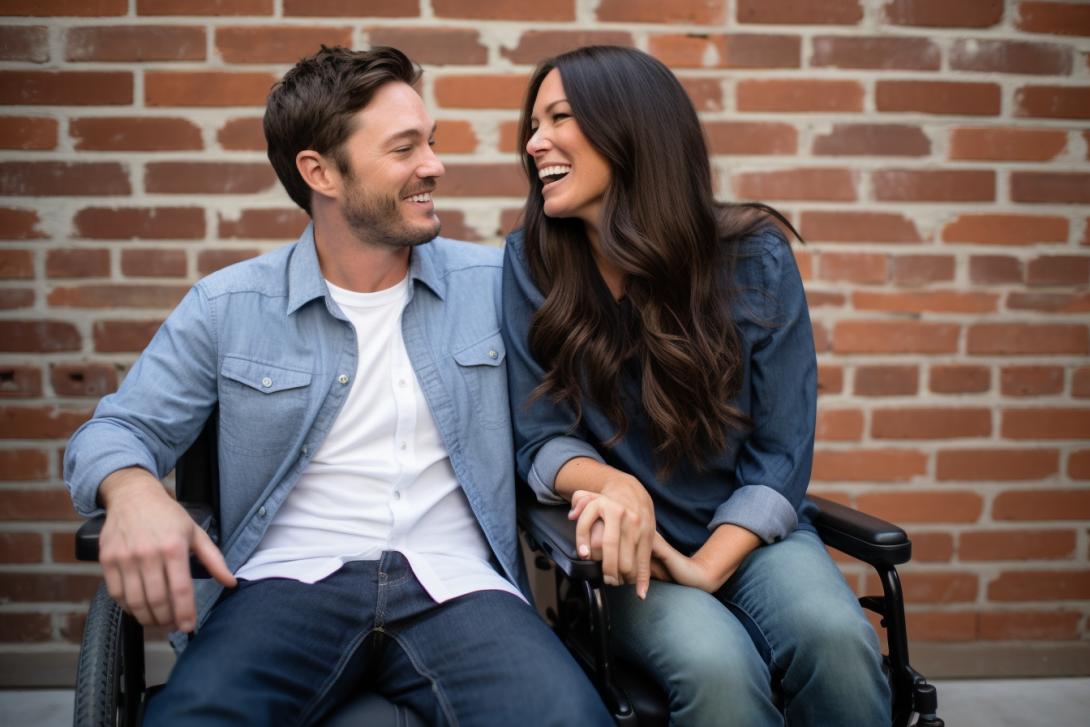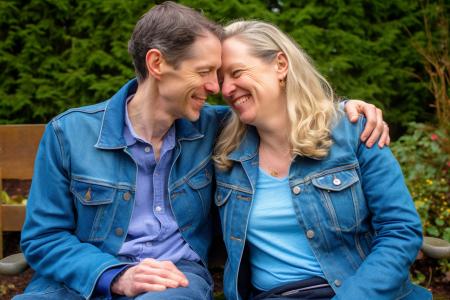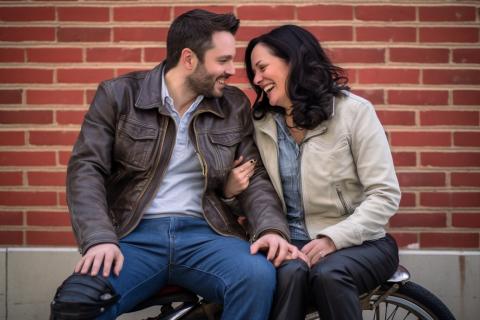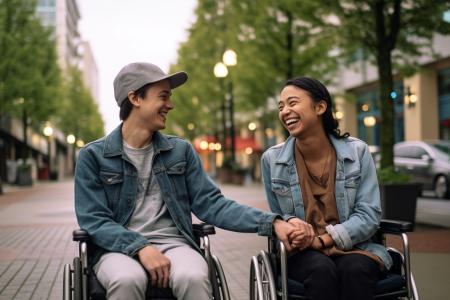Let's face it, online dating can be a minefield for anyone. But when you throw disabilities into the mix, things can get a bit more complicated. Yet, online dating can also be a great opportunity to meet like-minded people who understand your emotional needs.
The digital world of love is not exclusively for the 'able-bodied'. It's a place where everyone, including individuals with disabilities, can find their perfect match. But how do you navigate this world when you have unique emotional needs?
Well, the first thing to remember is that everyone has emotional needs. It's not just you. We all have those deep-seated desires that drive us, and we all want to feel loved, valued, and understood. For people with disabilities, these emotional needs might be a bit more complex due to the unique challenges they face. But, hey, who said love was simple?
The good news is that online dating can provide a safe space to express these emotional needs. It's a platform where you can be honest about your disability and what it means for your relationships. You can talk about the support you might need, or the understanding you crave. It's a place where you can find someone who will not only accept your disability but embrace it as a part of who you are.
Online dating also provides a way to communicate your needs without the fear of judgement. You can take your time to express yourself, to explain your disability, and to make sure the other person understands your emotional needs. It's a platform that allows for open and honest communication, which is the bedrock of any successful relationship.
In essence, navigating online dating with disabilities is about embracing who you are and being open about your emotional needs. It's about finding someone who will love and accept you, disability and all. And isn't that what we're all looking for?
So, ready to take the first step towards finding love online? Buckle up, as we delve into the nitty-gritty of creating an inclusive online dating profile in the next section. Let's get this love train moving, shall we?
Creating an Inclusive Online Dating Profile
Creating an online dating profile can be a nerve-wracking experience for anyone. Toss in the complexities of understanding disabilities and emotional needs, and it can feel like navigating a minefield. But fear not, dear reader, we've got you covered.
First things first, let's debunk a common myth: having a disability does not make you any less attractive or worthy of love. Let's say it louder for the people in the back, shall we? Your disability does not define your worth in the dating world. There, we said it.
Now, onto the practical stuff. How do you create an inclusive online dating profile that celebrates your uniqueness while also communicating your emotional needs in disabled relationships?
Honesty is the Best Policy
Your profile should be a reflection of who you are, disability included. Don't shy away from mentioning it, but don't let it overshadow your other qualities either. Remember, you're a multi-dimensional human being with a whole lot more to offer than just your disability.
Highlight Your Passions
What makes your heart sing? Do you have a penchant for painting, a love for lattes, or a fascination with falcons? Whatever it is, make sure it shines through in your profile. It's these little idiosyncrasies that make us all uniquely attractive.
Communicate Your Emotional Needs
A crucial aspect of creating an inclusive profile is expressing your emotional needs. This doesn't mean pouring out your deepest secrets, but rather, giving potential partners an idea of what you need in a relationship. Are you someone who needs reassurance? Or perhaps you value independence? Let them know!
Use Inclusive Language
This might seem like a no-brainer, but it's worth mentioning. Using inclusive language not only shows that you respect diversity, but it also attracts individuals who share the same values.
"Inclusion is not just about disability. It's about creating a space where everyone feels seen, heard, and valued."
Remember, creating an inclusive online dating profile is about authenticity and communication. It's about showing the world who you are, disability and all, and being open about your emotional needs in a relationship.
Stay tuned for our next section, where we'll delve deeper into the art of communicating your emotional needs effectively. Because, let's face it, we could all use a little help in that department, right?
Communicating Your Emotional Needs
So, let's dive right into it. How do you communicate your emotional needs? Sounds like a question for a pop quiz, doesn't it? But in reality, it's a vital aspect of any romantic relationship, especially for individuals with disabilities.
Now, you might be thinking, "Why is it so important?" Well, let me tell you. Emotional needs are the feelings we all crave in relationships. They're those warm fuzzies like love, understanding, respect, and security. But for individuals with disabilities, these needs might be slightly different or, dare we say, a bit more complex.
Think about it. When you're navigating the world with a disability, your emotional needs might include a desire for acceptance, a need for accessibility, or a yearning for independence. And here's the kicker: If these needs aren't met, it can lead to feelings of loneliness, frustration, and even depression.
Now, put that into the context of online dating and the stakes get even higher. You're not just trying to find a date; you're trying to find someone who understands your unique emotional needs. And that's where clear, open communication comes into play.
So, how do you communicate these needs? It's as simple as being open, honest, and assertive. Don't be afraid to say, "Hey, I need this from you." It's not about being demanding; it's about setting clear expectations and boundaries.
And remember, communication is a two-way street. It's not just about expressing your needs; it's also about listening to your partner's needs. After all, a relationship is a partnership, right?
In essence, communicating your emotional needs in disabled relationships is about being brave, being assertive, and most importantly, being you. And trust me, the right person will not only understand these needs but will also strive to meet them.
"Communicating your emotional needs in disabled relationships is about being brave, being assertive, and most importantly, being you."
So, with that in mind, let's move on to the next section where we'll discuss supporting emotional needs in disabled relationships. Spoiler alert: It's all about empathy, understanding, and a whole lot of love. But more on that later. For now, just remember: Communication is key.
